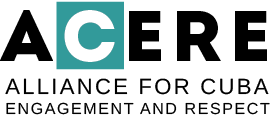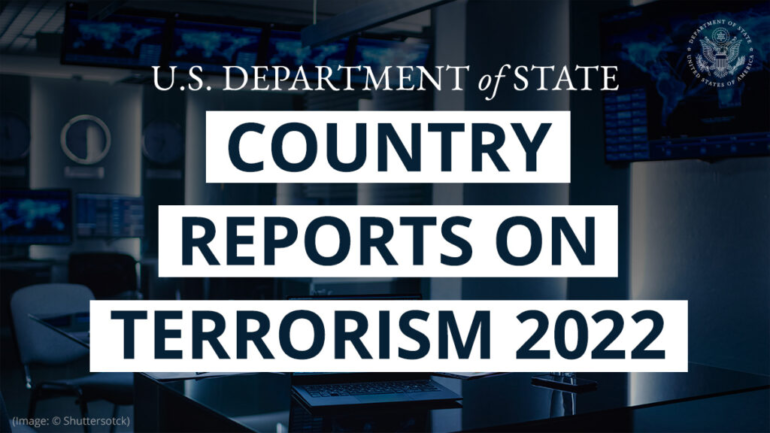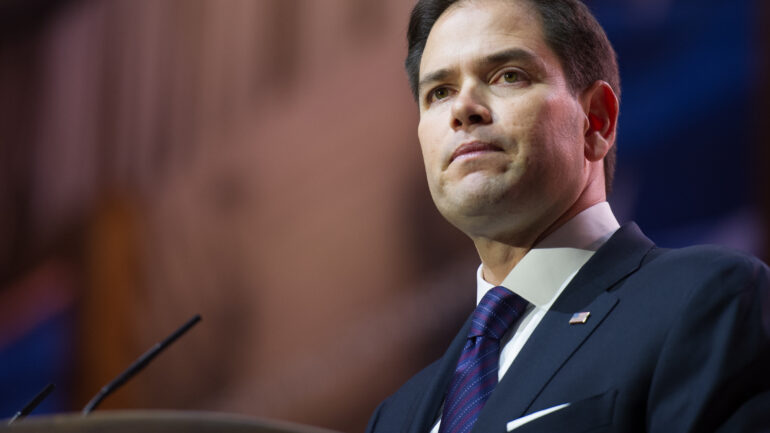The Alliance for Cuba Engagement and Respect (ACERE) expresses concern over the 2024 Trafficking in Persons (TIP) report released by the U.S. Department of State, which refers to Cuba’s international medical missions as “state-sponsored human trafficking” and concludes that the government of Cuba maintains a “policy or pattern of profit from forced labor in Cuba’s labor export program, including its foreign medical missions.”
Although ACERE recognizes allegations about certain labor practices on these missions and urges countries hosting Cuban workers to abide by all pertinent local laws and regulations, the reality is that Cuba’s medical cooperation program is consistent with the guidelines set forth by the United Nations for South-South cooperation, even when conditions and contracts vary from country to country. ACERE notes that how the State Department and the relatively small percentage of Cuban medical professionals who have defected from these missions classify them diverges considerably from how governments in the Global South, patients who have received their care and the vast majority of Cuban doctors participating in these missions view them.
Numerous public reports from Cuban doctors have contested the notion that participation in the international brigades is coerced or involuntary. Doctors say that on the missions they can earn up to ten times what they earn in Cuba, and many say they appreciate having the opportunity to travel abroad, finance home improvement projects in Cuba, and send back to their families in Cuba money and consumer appliances difficult to acquire on the island (along with earning their full Cuban salary).
While true that the Cuban government retains a significant portion of the income generated through some of the agreements (as many others continue to operate as volunteer aid missions), the State Department report omits the fact that the Cuban government pays for the doctors’ tuition-free medical education, and revenues are channeled to import medicines for the Cuban population as well as sustain Cuba’s internationally-regarded universal public health system, which is facing severe shortages and deterioration in part due to crippling U.S. sanctions.
It’s no secret that the export of Cuban health services is a main source of revenue to the Cuban economy, which is precisely why the Trump administration zeroed in on this as well as other top Cuban industries—including tourism, remittances and energy—to accelerate a change in regime through induced economic collapse. Under his administration, Trump-aligned governments in Brazil, Ecuador, Bolivia and El Salvador targeted and ultimately succeeded in canceling long-standing agreements with Cuba’s medical services, depriving the Cuban economy and public health system of billions of dollars in revenue and leaving millions in impoverished regions through Latin America without adequate public health coverage.
For years, U.S. administrations have sought defections of Cuba’s highly-trained medical personnel serving on missions abroad, including through the controversial medical parole program (CMPP), initiated by President Bush in 2006 and halted by President Obama in 2017 because it contradicted efforts to combat disease globally and risked harming the Cuban people, he argued.
When Cuban-American hardliners in Congress couldn’t convince the Trump administration to reinstate the program later that year, USAID began offering rounds of generous funding to organizations willing to document supposed labor violations, serving as fodder for U.S. diplomatic pressure against allied countries to stop contracting these services. One such organization, the Foundation for Human Rights in Cuba—currently run by President Trump’s Acting USAID Administrator, John Barsa—has received numerous multi-million dollar contracts from USAID to document labor violations in Cuba’s overseas missions, but notes on its website that one of its primary achievements has been contributing to over $7 billion in revenue loss for the Cuban government—calling into question the true purpose of their government awards.
ACERE believes that U.S. concerns over labor exploitation in Cuba’s medical missions are a disingenuous pretext intended to persuade some of the 74 countries that have hosted Cuban government-affiliated workers over the past five years (many of which depend on U.S. foreign assistance) to terminate their medical cooperation agreements with Cuba, in an attempt to diminish Cuba’s soft power abroad and deny it much-needed resources at home.
Less than a decade ago, President Obama and U.S. Ambassador to the UN Samantha Power—now President Biden’s USAID Administrator—praised the work of Cuban doctors who went to fight Ebola alongside U.S. medical personnel in West Africa. Secretary of State John Kerry called their work “impressive,” as did the Deputy Chief of Mission at the U.S. Embassy in Haiti, Brian Shukan, after visiting a Cuban hospital in Port-au-Prince in the aftermath of the 2010 earthquake. The brigades have received awards and recognitions from international organizations such as the United Nations, the World Health Organization and the Kellogg Foundation, and even right-wing governments not generally sympathetic to Cuba’s have commended the medical missions for their results.
Despite the international praise, opponents of these missions in the U.S. Congress have inserted language into the FY25 State and Foreign Operations funding bill that would slash bilateral assistance to foreign governments and international organizations that are found to be paying Cuba for medical services, as well as deny their officials entry to the U.S. ACERE opposes these provisions as potentially detrimental to vital cooperation with U.S. allies, such as Mexico, Qatar, Italy and others, who have defended their decisions to hire Cuban doctors given shortages of qualified local specialists willing to serve in under-resourced areas.
Instead of drawing on opaque allegations to defame the labor of Cuban medical professionals and coaxing our Global South allies into scrapping their cooperation with Cuba, the United States should be pursuing constructive alliances with Cuban public health institutions to jointly tackle shared challenges worldwide, in coordination with regional and international mechanisms working to bolster global public health and scale up South-South cooperation programs.



